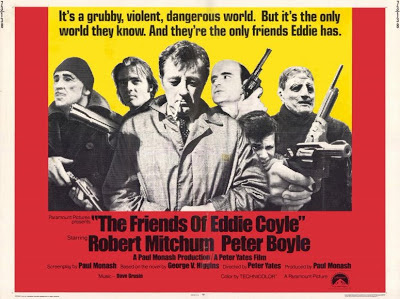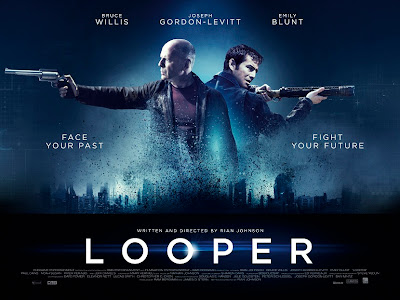 |
| Maybe not if you're a genre writer, according to some. |
First off, Krystal makes the mistake (as does Jacobson) of taking a narrow view of what constitutes genre fiction. He describes genre as books that are "born to sell" and that "...employ language that is at best undistinguished and at worst characterized by a jejune mentality and a tendency to state the obvious." Without naming names, Krystal seems to be referring to writers like Danielle Steel, Lee Child and J.K. Rowling. The problem is that no one is claiming these kinds of mega-selling authors are producing quality fiction. What proponents of genre fiction are saying is that just because a book falls within an easily defined genre it should not be ignored or automatically assumed to be the product of a second-rate writer. Krystal's prejudices are very much on view when he says, "When we open a mystery, we expect certain themes to be addressed and we enjoy intelligent variations on these themes. But what we don't expect is excellence in writing..." As illogical statements go, that's a doozy. It's a writer's skill and imagination that determines excellence in writing, not the genre they've chosen. Saying genre overrules talent would be like saying a great architect's status is determined by what's contained in the buildings he's designed. According to Krystal's logic, a Frank Gehry-designed museum would be art, but if he designs a condo tower it's just a pile of bricks and mortar.
Krystal also avoids dealing with the fact that the line between literary fiction and genre is often so thin it's not worth arguing about. Is Moby-Dick an adventure story or literary fiction? Is Metamorphosis sci-fi or literary fiction? Is The Little Stranger supernatural fiction or literary fiction? The answer to all three is both. Aside from novels that are purely about psychological insight and analysis (and there aren't a lot of those), the majority of literary fiction incorporates some kind of mystery, adventure or quest, something that knocks the protagonist out of his usual routine and thereby reveals something new about his world and his character. The mystery might be as prosaic as why a wife ran off with her lover, and the quest might be going on the road to win back her love. My point is that novels, literary or genre, are almost always about a rupture in quotidian life. The difference between literary and genre fiction in this regard is usually only a matter of degree.
Another trap Krystal falls into is equating artistic quality with utility, as he shows when he says, "Writers who want to understand why the heart has reasons that reason cannot know are not going to write horror stories or police procedurals." The key word in that sentence is "understand." Krystal, like generations of high school English teachers, clearly feels that novels should have a purpose, a goal, and teach us something about ourselves or others. This view of literature as a didactic tool is old, dusty and blinkered. All kinds of art forms aren't "about" anything at all. Symphonies and instrumental jazz pieces are rarely "about" anything. The anger that greeted the advent of the Impressionists was largely to do with their subject matter not being deemed important or "about" anything. There is wide range of art that seeks to engage and play with the senses as its primary goal, and looked at in this way, genre fiction could be described as sensory literature. It can excite, arouse, anger and scare us, and the best genre fiction uses these emotions as a conduit for insight and ideas.
I'll happily admit that the vast bulk of genre fiction is formulaic and pedestrian, but there's certainly no proof that the same isn't true of literary fiction. And any list of the world's great literary novels would show a fair number of them are either genre or close enough to genre as to make no difference. One final example of the fine line between genre and literary fiction is found in that most literary of novels, Marcel Proust's Remembrance of Things Past. Probably the most memorable character in the novel's 3,000+ pages is the Baron de Charlus. He's an arch snob, a homophobic homosexual, and a raging antisemite. In short, he's an extraordinary, unlikely, larger-than-life character who could only exist between the pages of a book. And that makes him very much a character from genre fiction, which specializes in creating outsized characters who are too good, too bad, or too sexy to be true. The fact that Charlus is described with brilliant prose and an incisive intelligence doesn't alter the fact that with the addition of a hollowed-out volcano fortress and a death ray he'd make a superb Bond villain.










